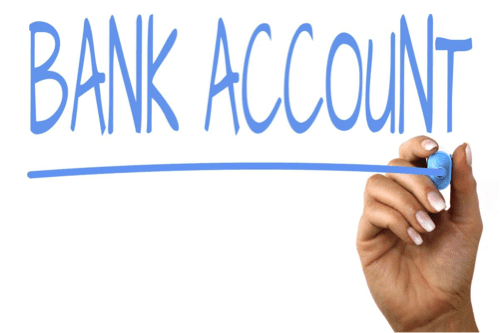
Bankrekening
A lot of things in Spain require a bank account as most things are deducted directly from one's account, for example Internet, car insurance, etc.
In order to create an account, you at least must have a NIE number, your passport and a copy of your passport.
In general, one should expect things to be a bit more cumbersome and less flexible than in other countries.
In Spain, most cards are debit cards, Visa Elektron is very widely used and can also be a good solution to use in Spain. However, there are certain limitations on a Visa electron, so for some it may be beneficial to have both this and a regular Visa card or Mastercard.
If you have debit cards; Visa electron, they are free to use in most places and you can also in your own bank, and some vending machines raise money without costs. Keep in mind that it can be very expensive to raise money in a "foreign" ATM - up to 10 euros in fee to raise a few hundred euros.
It may be a good idea to maintain your bankaccount in your home-country, even if you are permanently moved to Spain, as you might need to make larger purchases on a credit card, such as a trip or the like, and this may be a problem with a Spanish card due to the amount limit - even if there is money in the account.
Another good advice when choosing a credit card is to check which insurance is linked to the card. For example, a Mastercard typically has a very good travel insurance worldwide, and you can avoid taking expensive travel insurance when traveling on vacation or something else.
With regard to banking choices it is difficult to generalize and say that one chain is better than the other, because it largely depends on the individuals in the individual department. Of course, what is important is to compare are the prices of the various services that you will need. For example, if you have a business and you need to transfers abroad, you have to look at the price of these and if there is a maximum for how much you can transfer at a time.
Some banks charge a fee of x per thousand of the amount, of transfers abroad, and it can be a lot of money if you transfer larger amounts. In such cases, it is better to agree on a fixed fee per transfer. The same goes for if you often need to have currency exchanges. The fees for this are generally also a x per thousand of the amount, unless one has another agreement. In general, you pay your bank for everything, so it is worth investigating the various fees in several banks before making a decision.
Requirements for opening an account:
- Applicants must be aged 18 or over
- Photographic proof of identity (passport or National Identity Card from the country of origin for each of the applicants)
- Proof of occupation or status (employment contract/payslip, letter from accountant/lawyer, pension or disability payment confirmation, student card). This is an extra requirement introduced in 2007 by the Bank of Spain as a measure to combat money-laundering
- Residents also need to produce their NIE number (Número de Identificación de Extranjeros)
- Confirmation of address (utility bill, driving licence or council tax bill; proof of address must have been issued within the last 3 months)

 0034 965 077 777
0034 965 077 777